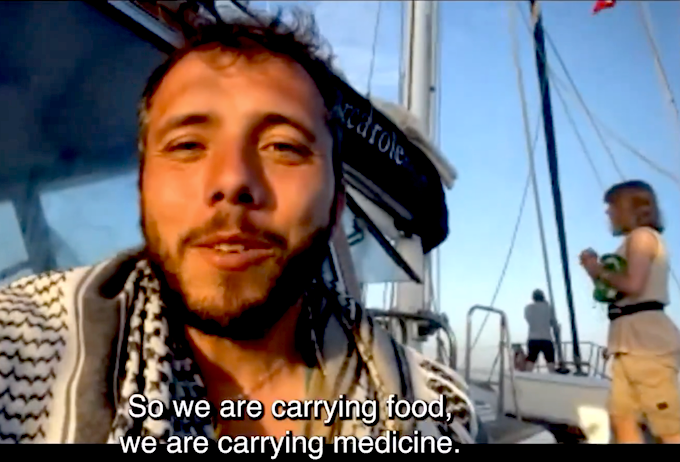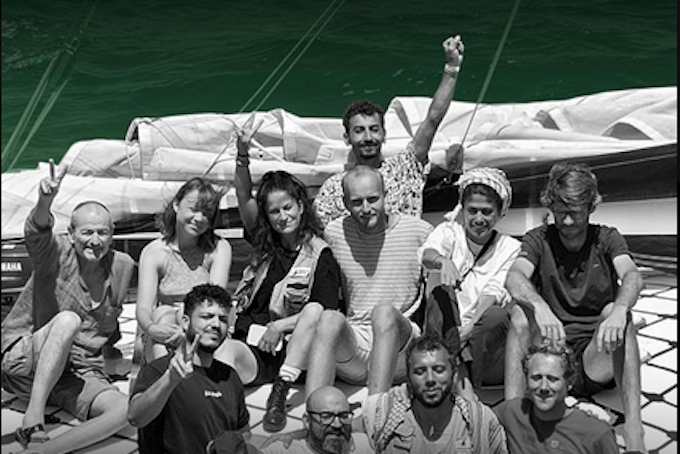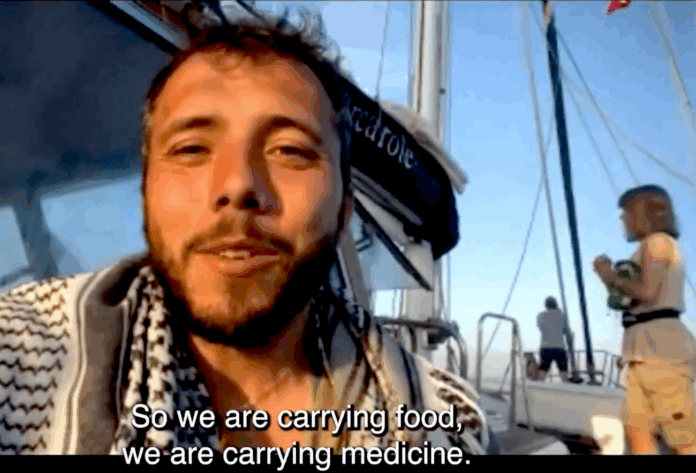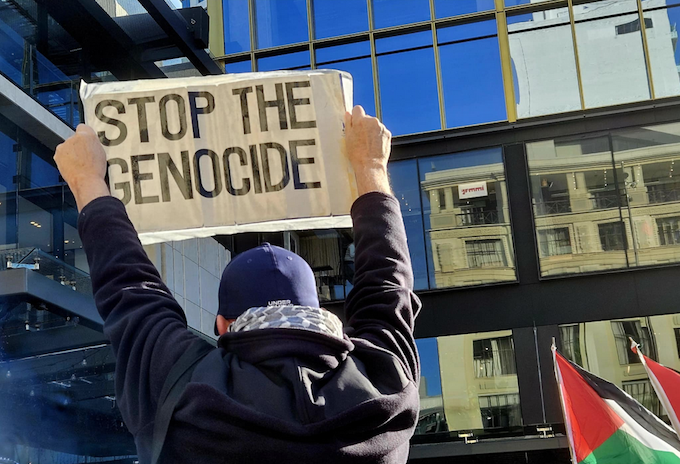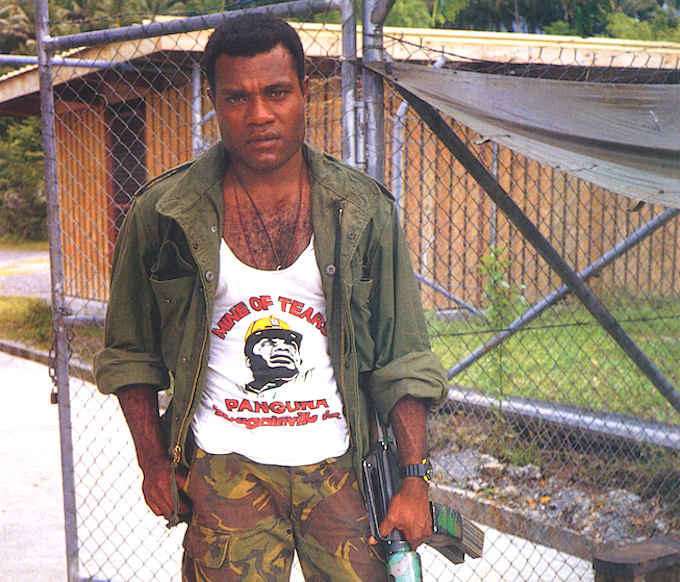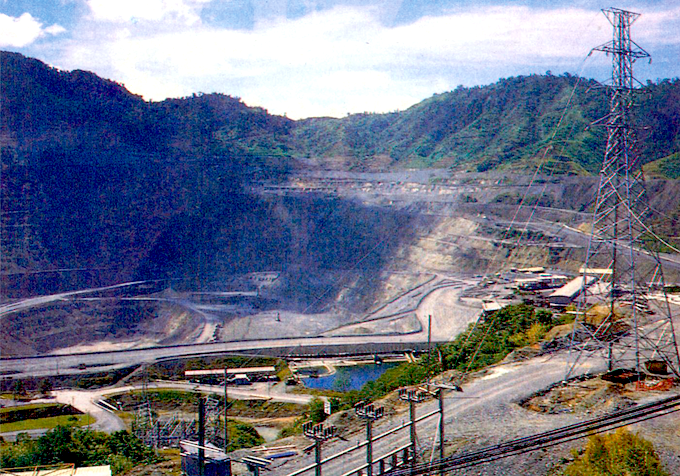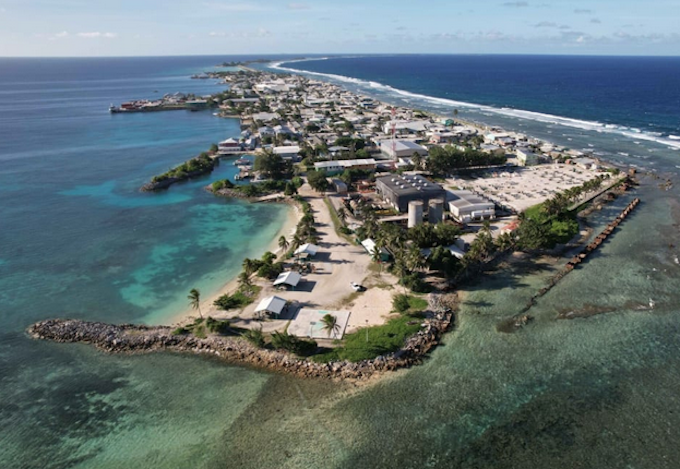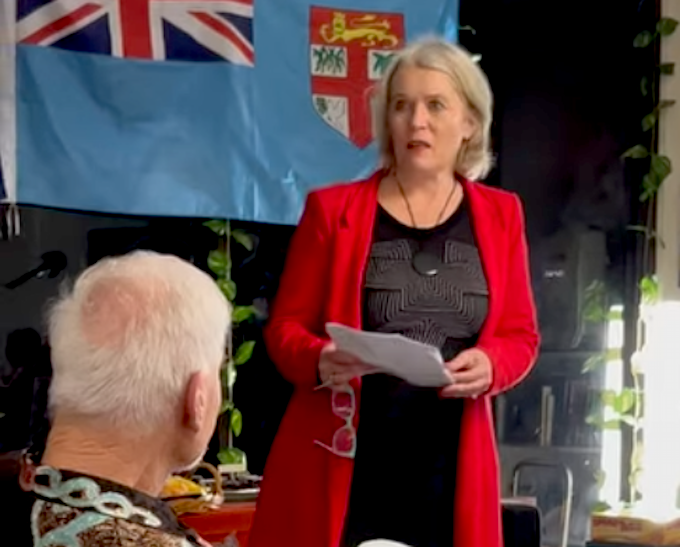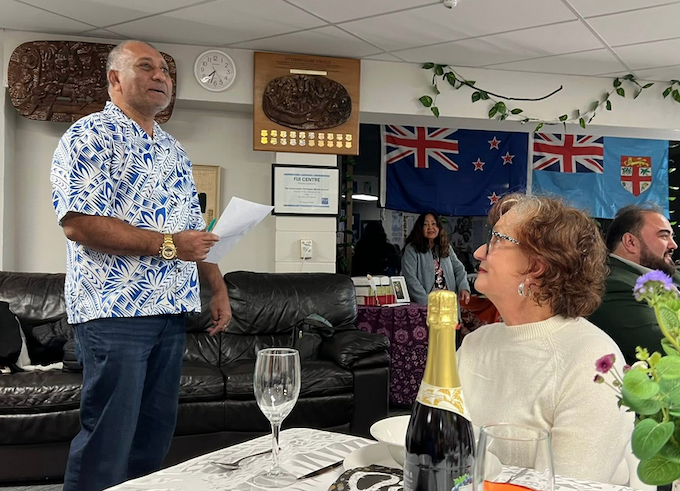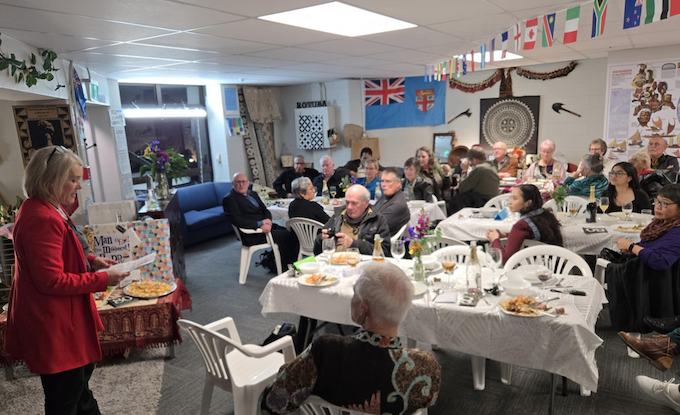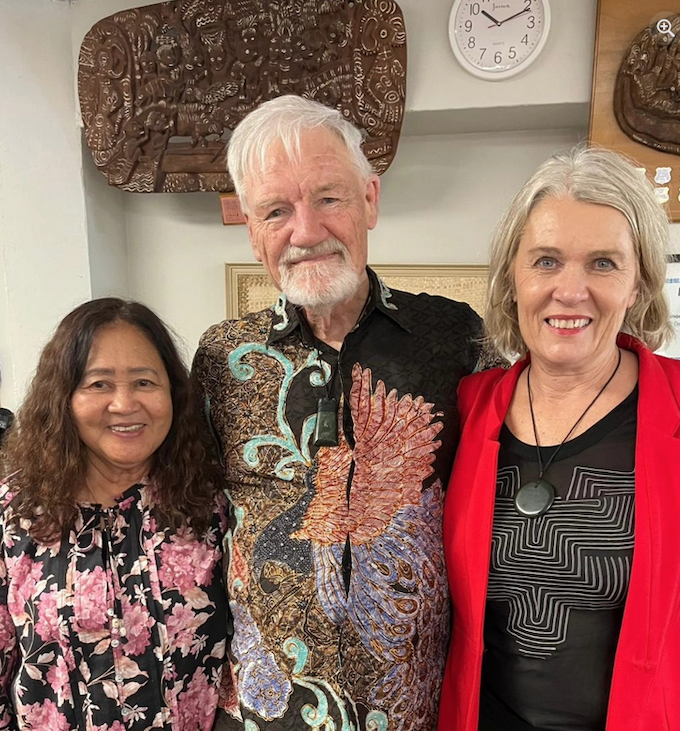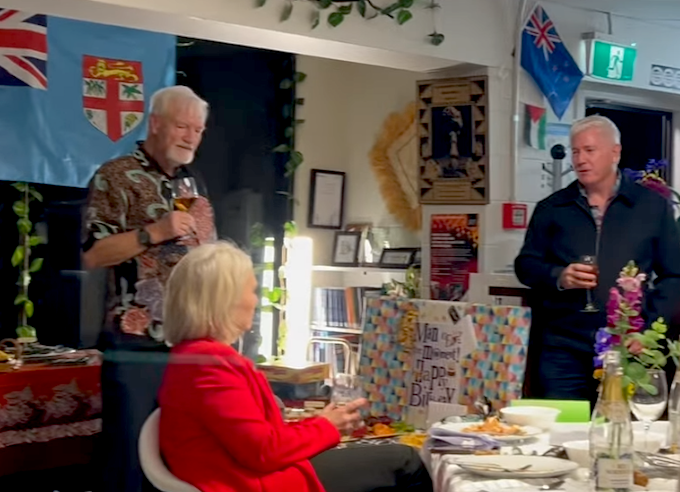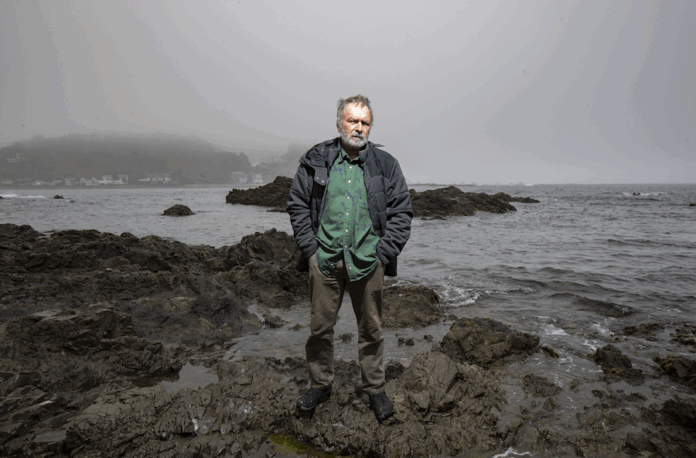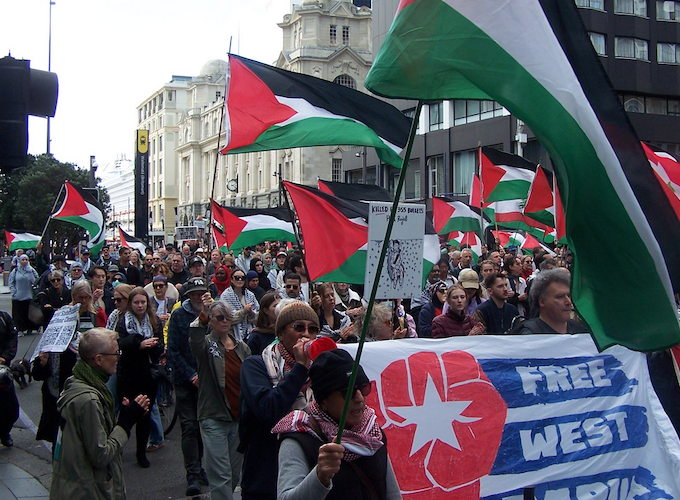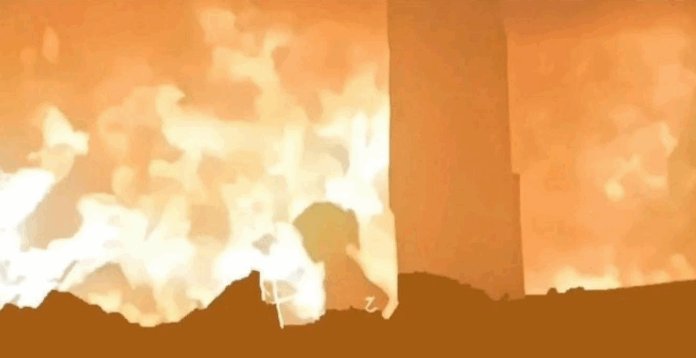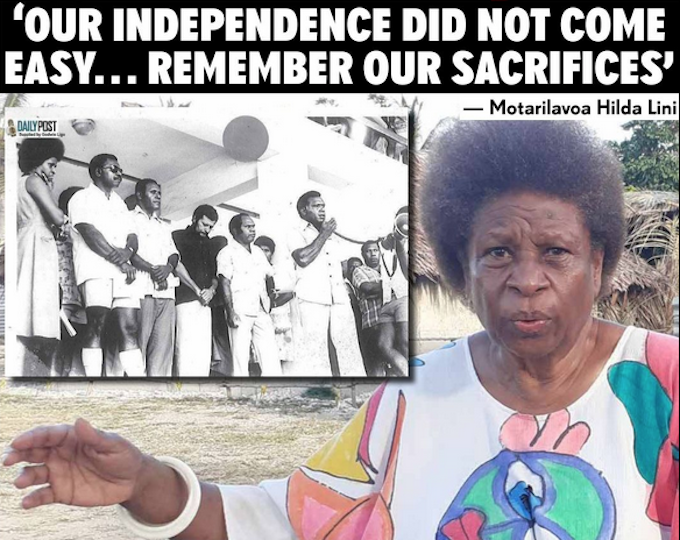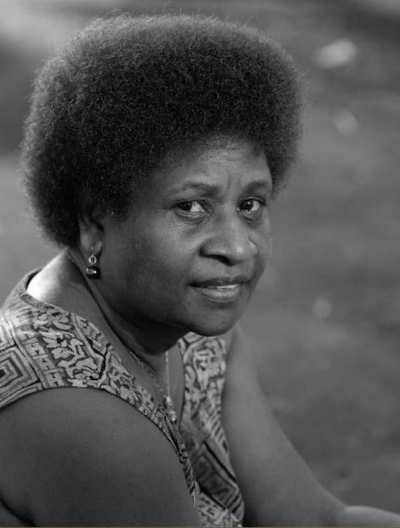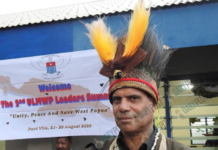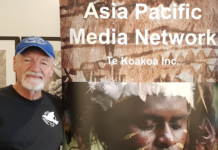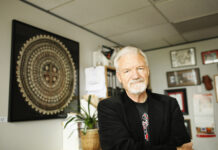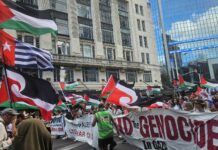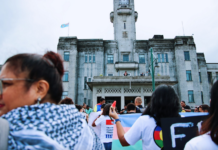COMMENTARY: By Jeremy Rose
The word antisemitism has become so debased that depending on who is using it I might well take it as a sign that the accused is worth listening to.
When the World Criminal Court (ICC) issued a warrant for Benjamin Netanyahu’s arrest, he responded by saying the court was being antisemitic. One of the court’s legal advisers was Theodor Meron, a former Israeli ambassador and legal adviser who spent a chunk of his childhood in a Nazi concentration camp.
Last month, Netanyahu declared the leaders of France, the UK and Canada of fuelling antisemitism.
Their “crime”? Threatening “concrete action” against Israel if it continues its “egregious” blockade of aid entering Gaza.
Egregious not genocidal. And the concrete action referred to wasn’t sanctions or a full arms embargo but stalling free trade talks.
The bitter irony is that with none of those countries having yet imposed a complete ban on arms exports to Israel they are all in a sense fuelling a genocide.
The Army-McCarthy hearings
We’re coming up to the 71st anniversary of the Army-McCarthy hearings where an army lawyer, Joseph Welch, rebuked Senator Joseph McCarthy with the famous line: “Have you no sense of decency, sir, at long last?”
We’ll be waiting a long time for the wanted war criminal Netanyahu to show any decency, but could we be approaching a tipping point where the establishment finally calls off a witch hunt after realising no one is safe from false accusations.
The McCarthyite red scare, which began in the late 1940s, saw more than 2000 federal workers sacked, thousands of academics, teachers, and union members pressured or forced to resign due to anti-communist policies, and up to 500 Hollywood directors and actors blacklisted for being leftwing or refusing to name names.
Welch’s rebuke was triggered by none of that. It was McCarthy turning his metaphorical guns onto the military implying he would expose high ranking army personnel that saw the army lawyer return fire.
The conflating of criticism of Israel with antisemitism has been spectacularly successful in making any criticism of Israel a potentially career ending move. Three Ivy League presidents have been pushed out of their jobs for failing to crack down hard enough on students protesting the brutality of Israel’s ongoing genocide.
UK Labour leader Jeremy Corbyn, whose popularity had seen the party become the biggest political movement in Europe, was toppled in 2016 after bogus accusations of antisemitism.
In the purge of the Labour Party that followed Jews were five times more likely to be investigated for antisemitism than goys.
It’s the same story in Germany where Jews feature prominently among those cancelled for alleged antisemitism. Renowned professor of Jewish studies Peter Schäfe was forced to resign as the director of Berlin’s Jewish Museum after it retweeted a post critical of Germany’s anti-Boycott, Divestment and Sanctions (BDS) resolutions.
Greece’s former Finance Minister Yanis Varoufakis — not a Jew — has been banned from Germany or even appearing via Zoom for this response, on 8 October 2023, to being asked if he condemned Hamas:
“I condemn every single atrocity, whomever is the perpetrator or the victim. What I do not condemn is armed resistance to an apartheid system designed as part of a slow-burning, but inexorable, ethnic cleansing programme.
As a European, it is important to refrain from condemning either the Israelis or the Palestinians when it is us, Europeans, who have caused this never-ending tragedy: after practising rabid anti-Semitism for centuries, leading up to the uniquely vile Holocaust, we have been complicit for decades with the slow genocide of Palestinians, as if two wrongs make one right.”
That nuanced response, with its acknowledgement of the dreadful legacy of real antisemitism, has not only seen him banned from speaking — in person or virtually — but dropped by his German publisher.
Antisemitism is often referred to as the oldest hatred — with good reason — but the word itself is relatively recent.
A ‘scientific’ word for an old hatred
Nineteenth century German journalist, Wilhelm Marr, popularised the term in a pamphlet the title of which translates as: The way to victory of Germanism over Judaism.
What distinguished antisemitism from the commonly used Judenhass — or Jewish hate — was the idea that it was a Jew’s race not their religion that was deserving of hate.
Antisemitism was a prejudice proud to speak its name. It was respectable in a way that religious intolerance wasn’t. Prominent professors and politicians happily declared themselves antisemites and adherents of “scientific racism”.
It was an old idea dressed up in new clothing. Fifteenth century Spain passed Limpieza de Sangre (cleanliness of blood) statutes to allow discrimination against Jewish and Muslim converts to Christianity.
The Judeo-Christian civilisational conflict with Islam, often referred to by right-wing supporters of Israel, is a relatively new construct. When the Jews were expelled from Spain, the Ottomans sent ships to take them to new homes in Istanbul, Thessaloniki and Izmer.
Times change and while it was once possible — even common — to be a respectable antisemite and scientific racist but frowned upon to discriminate based on religious belief, now the reverse is true.
So-called new atheists like Sam Harris and Richard Dawkins declare all religions bad but Islam worse.
“Listening to the lovely bells of Winchester, one of our great mediaeval cathedrals. So much nicer than the aggressive sounding “Allahu Akhbar.” Or is that just my cultural upbringing?” Dawkins once tweeted.
The cultures of Europe have indeed cultivated racist ideas for centuries. And just as half a millennia ago conversion offered you no protection from the racism of the Spanish court, embracing Buddhism didn’t protect Columbia University student Moshen Mahdawi from being snatched from a naturalisation interview by balaclava-clad ICE agents.
His crime? Being Palestinian and telling his story.
It’s a topsy-turvy world where life-long anti-fascists like Jeremy Corbyn and Yanis Varoufakis are sanctioned on bogus claims of antisemitism while the likes of Elon Musk and Hungarian PM Victor Orban — both peddlers of old-style antisemitic conspiracies — are welcomed to Israel as friends and allies in a contrived battle of civilisations.
One thing that differentiates antisemitism from the Judeophobia, which has been a European disease since the early days of Christianity, is that it places Jews among the victims of the continent’s white supremacist legacy.
It’s perhaps no coincidence the Christopher Columbus set sail for the Americas in the same year, 1492, that Spain expelled its Jews and Muslims.
The settler colonisation of the Americas has been estimated by historian David Stannard to have resulted in the death of 100 million indigenous people — many from introduced diseases but tens of millions also died in genocides only recently making their way into history books.
Last month, when Netanyahu declared Israel’s attacks on Gaza “a war against human beasts” he was echoing the words of settler colonialists from Alaska to Aotearoa and the dehumanising language of the Nazis against the Jews.
So, back to that question about whether we’ve reached a tipping point where unfair accusations of antisemitism will be seen in a similar light to McCarthy’s red scare.
With Netanyahu accusing the leader of the Democrats party, Yair Golan, an IDF reserve major-general, of promoting a blood libel for speaking out against the starving of babies in Gaza, it’s hard not to draw parallels with the Army-McCarthy hearings.
It’s worth quoting the words that saw Israel’s PM accuse Golan of a blood libel — a reference to the lie that Jews used the blood of non-Jewish children in the baking of matzos, and a trigger for centuries of pogroms.
“A sane country does not wage war against civilians, does not kill babies as a hobby, and does not set goals for itself like the expulsion of a population.”
The idea that an IDF general speaking out against the killing of babies is propagating racist hatred of Jews is surely a leap too far even for many fervent Zionists.
Another sign that the tide might be turning is Kenneth Stern, the lead drafter of the International Holocaust Remembrance Alliance (IHRA) working definition of antisemitism, saying the US administration’s weaponisation of the IHRA definition is making academics and students (including Jews) less safe.
The self-described Zionist said the definition was being distorted and used to silence anti-Israel critics.
The IHRA working definition has been widely adopted internationally — including by institutions in New Zealand and Australia.
Human Rights Watch and Amnesty International have both criticised the definition claiming it has seen those documenting Israel’s human rights abuses being falsely accused of antisemitism.
It’s a tragedy that weaponised accusations of antisemitism aimed at protecting Israel from criticism are obscuring a rise in Judeophobic conspiracy theories and attacks on Jewish community centres and synagogues around the world.
And even more tragically that those accusations are blunting criticisms of Israel that could help bring the ongoing genocide in Gaza to an end.
Jeremy Rose is a Wellington-based journalist. He has a Substack: Towards democracy
